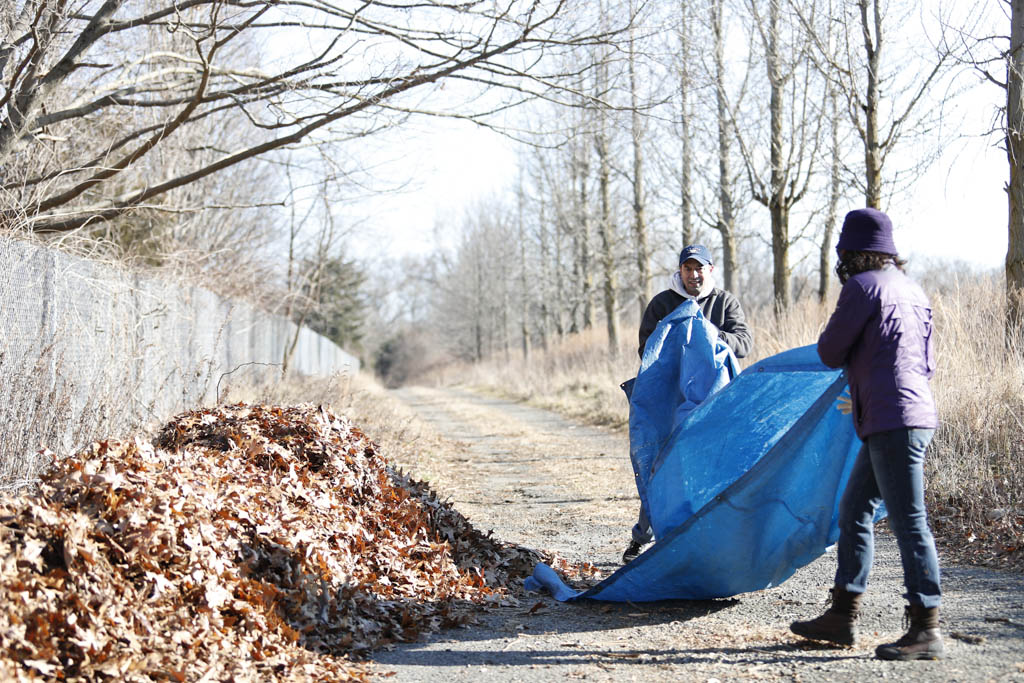Let me add my voice to the chorus of pleas I have seen in the paper in recent weeks and months to do something about the noise and the effect on our air quality from leaf blowers and, I would add, from other machines driven by the same inefficient and highly polluting small engines.
Beyond the noise problem is the air pollution from the exhaust emissions of these engines, with its immediate impact on our breathing and with known effects of air pollution on asthma and lung problems that lead to thousands of deaths nationwide every year.
Both the landscaping crews at Griggs Farm, where we lived for seven years, and the crews who come around the Pine Street neighborhood where we are currently renting seem to come through in three waves: once with power mowers, once with edger/trimmers, and once with leaf blowers, and all of these machines use the same deafening and highly polluting two-stroke engines. I have seen gas-powered hedge trimmers, too.
Any ordinance should ban or regulate the use of all of these machines.
I find that as soon as I hear the machines of the landscaping crews approaching, I must rush to close up windows and doors or the pollution will have entered my house and be hard to remove. And if you are outside when a crew comes along, it’s like a hurricane.
Recently, I had the misfortune of needing to walk on the driveway past the 7-Eleven and post office while a two-man crew was at work there, blowing precious few leaves away (where did the leaves end up?) but scouring the entire paved area and blowing dirt and trash around along with the few leaves. I was holding my ears, but I didn’t think to hold my breath until I had already passed into a dense cloud of pollution and taken in half a lungful. The noxiousness of the dense cloud of dirt and emissions was awful and obvious.
I have always thought that using rakes and brooms like in the old days was a better approach, but online I saw interviews with landscapers who said their main objective is to finish quickly and move on to the next job. A little further research showed that a number of towns nationwide have adopted ordinances banning gas-powered leaf blowers, with the usual solution being the substitution of battery-powered electric blowers, which are now just about as powerful as the gas versions, a bit quieter, and with zero-emissions (though they do blow dirt and debris into the air while the job is being done). This would be a much better solution, since the landscapers should not mind converting to electric-powered versions of the type of equipment they already use, as it should not slow them down at all. And it would certainly benefit the workers, who are clearly suffering more than the rest of us from the use of such dangerously unhealthful machines.
I like the town’s reminder, prompted by the pandemic, that “We are all in this together,” and I think it applies more broadly to all situations in which the action of one citizen affects all of his neighbors, as in this case of economic “externalities.” I am grateful for the wise and caring officials of the town and the volunteers and officials of the Princeton Environmental Commission and Sustainable Princeton for their efforts to address this issue. Thank you all.
Christopher J. Monroe
Princeton

